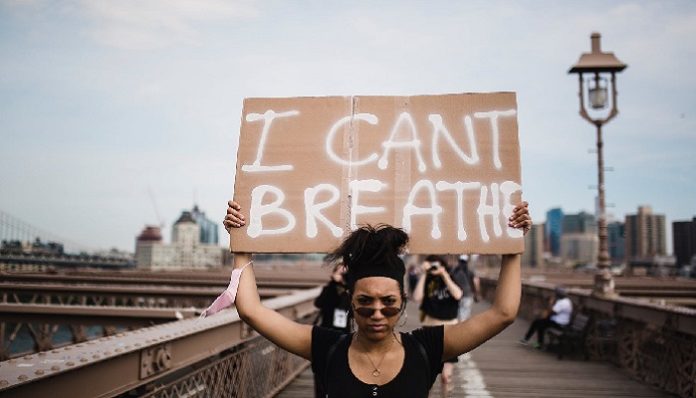
As an ally to marginalized groups it is your responsibility to unpack and submerge yourself into the social inequalities most people stay away from sheerly because it makes them uncomfortable. Why? Because people of privilege don’t want to know what their ancestors have done or the ways they benefit from the system. It makes them uncomfortable to be put in their place, to be told to be quiet, sit down, listen. Why? Maybe because they haven’t heard it before; maybe that’s part of the problem.
One day I hit a wall. I realized that no matter how many books I read, conversations I listen to or protests I go to; I will never understand.
I don’t buy this whole ‘embodiment’ bullshit that suggests that people of privilege can successfully empathize with marginalized people.
It’s a crock of shit and any philosophy or psychology student who says otherwise is probably a white, cis, hetero, male idiot. You can read all the books in the world, gain all the knowledge in the world on a certain social issue; but unless you are personally impacted by it; you will never, ever understand it.
I will never know what it feels like to have someone assume my gender or stop me on the street because I’m black. I will never know what it feels like to be followed when shopping, beaten because I’m openly gay or have my hijab ripped off my head. I will never understand what it’s like to be asked invasive questions because my body is different, or have my ancestors murdered and forgotten by settlers.
I will never know because I’m not a person of color. Because I am not a trans-person. Because I do not belong to a religion that has been demonized by western culture.
Because I have privilege.
Yes, I am a woman. And as a woman, I do face some risk. I fear walking the streets alone at night, I fear being seen as inferior in a job interview. I feel pressured to adhere to standards of femininity and beauty, and even feel outcasted sometimes for having mental health concerns.
However, it is imperative to look at yourself holistically. People of color are targeted more than white people on the street. I will most likely get the job over a racialized person, and the standards of femininity I feel pressured to abide by, are by no coincidence, white standards of beauty. While I may be oppressed in some ways, my whiteness relieves my risk significantly.
“No one is saying your life can’t be hard if you’re white, but it’s not hard because you’re white.”
I’m still learning what it means to be a good ally. I’m still learning when to step in and support, and when to step back and avoid risking disempowerment. I am still learning how to mobilize my privilege. I am still learning how to help without taking up too much space, space that does not belong to me. We are all at different stages at our learning process; but what is important is that we are open to learning, unlearning, and deconstructing socio-cultural norms.
Our defaults are always positions of privilege, and there are few spaces where those experiencing oppression have a voice.
It is my job to help facilitate those platforms, it is my job to help those strong and resilient voices be heard. It is not my job to silence or speak over. It is my job to be quiet and to listen.
It is my job to walk beside you. It is my job to stand in front of you when the front line of police come charging. It is not my job to be political when it is convenient and fade away when it isn’t. It is my job to stand in solidarity with people experiencing oppression that I don’t experience. It is not my job to stand with one group and omit the other. It is my job to be intersectional. It is my job to help advocate. It is my job to help with outreach. It is my job to be a helping hand; not a controlling body.
As an ally it is your job to take direction; not control.
You have to be an ally, because if you’re not outraged; you’re not paying attention.
Featured image via Life Matters on Pexels


















